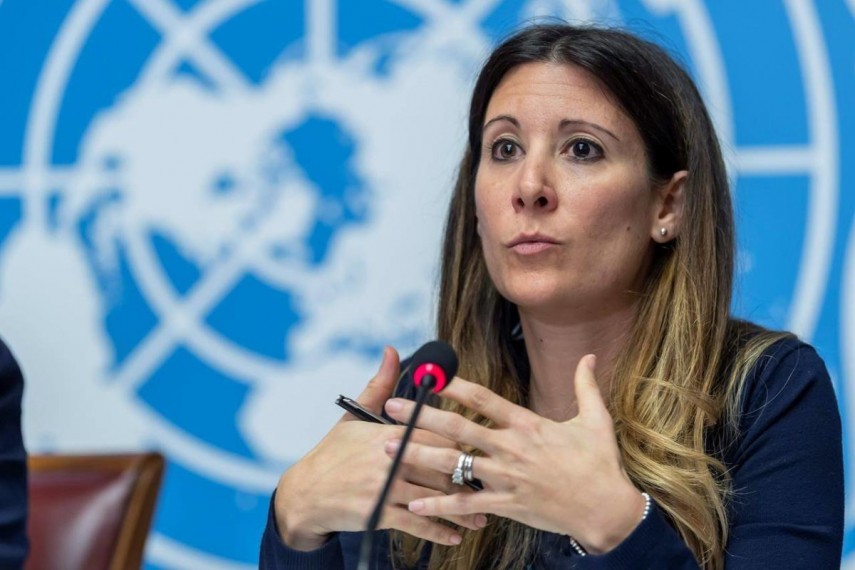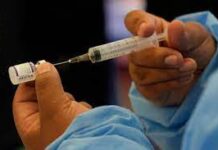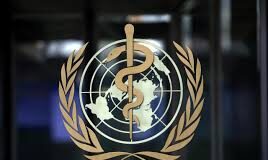World Health Organization’s COVID-19 specialized lead, Maria Van Kerkhove, on Tuesday (June 9) explained her comments that transmission of coronavirus COVID-19 from asymptomatic transporters was “exceptionally uncommon”, stating that it was a “misconception”.
“We have various reports from nations who are doing nitty gritty contact following. They’re following asymptomatic cases, they’re following contacts and they’re not discovering auxiliary transmission forward. It’s uncommon,” she had said a virtual question and answer session on Monday.
Van Kerkhove’s comments started immense response researchers over the globe.
“In spite of what the WHO declared, it isn’t deductively conceivable to assert that asymptomatic transporters of SARS-CoV-2 are not irresistible,” educator Gilbert Deray of the Pitie-Salpetriere emergency clinic in Paris said on Twitter.
Van Kerkhove later took to Twitter to post a WHO outline on transmission.
“Extensive investigations on transmission from asymptomatic people are hard to lead, yet the accessible proof from contact following detailed by part states recommends that asymptomatically-tainted people are significantly less liable to transmit the infection than the individuals who create indications,” it said.
During a conversation, which was rebroadcast on Tuesday, Van Kerkhove said she needed to explain a misconception.
“I was alluding to not very many examinations, nearly a few, and responding to an inquiry. I was not expressing an arrangement of WHO,” she said.
“I utilized the expression ‘uncommon’, and I believe that is a misconception to express that asymptomatic transmission universally is extremely uncommon. What I was alluding to was the subset of studies,” she included.
























